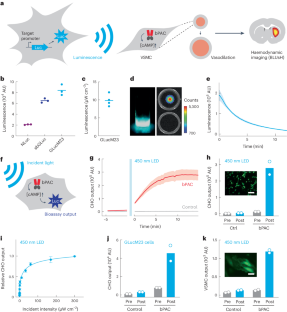2024-05-13 カリフォルニア大学サンディエゴ校(UCSD)
<関連情報>
- https://today.ucsd.edu/story/plant-virus-treatment-shows-promise-in-fighting-metastatic-cancers-in-mice
- https://onlinelibrary.wiley.com/doi/10.1002/advs.202308237
ササゲモザイクウイルスの全身投与は転移がんに対する広範な保護を示す Systemic Administration of Cowpea Mosaic Virus Demonstrates Broad Protection Against Metastatic Cancers
Young Hun Chung, Zhongchao Zhao, Eunkyeong Jung, Anthony O. Omole, Hanyang Wang, Lucas Sutorus, Nicole F. Steinmetz
Advanced Science Published: 02 March 2024
DOI:https://doi.org/10.1002/advs.202308237

Abstract
The key challenge in cancer treatment is prevention of metastatic disease which is therapeutically resistant and carries poor prognoses necessitating efficacious prophylactic approaches that prevent metastasis and recurrence. It is previously demonstrated that cowpea mosaic virus (CPMV) induces durable antitumor responses when used in situ, i.e., intratumoral injection. As a new direction, it is showed that CPMV demonstrates widespread effectiveness as an immunoprophylactic agent – potent efficacy is demonstrated in four metastatic models of colon, ovarian, melanoma, and breast cancer. Systemic administration of CPMV stimulates the innate immune system, enabling attack of cancer cells; processing of the cancer cells and associated antigens leads to systemic, durable, and adaptive antitumor immunity. Overall, CPMV demonstrated broad efficacy as an immunoprophylactic agent in the rejection of metastatic cancer.


